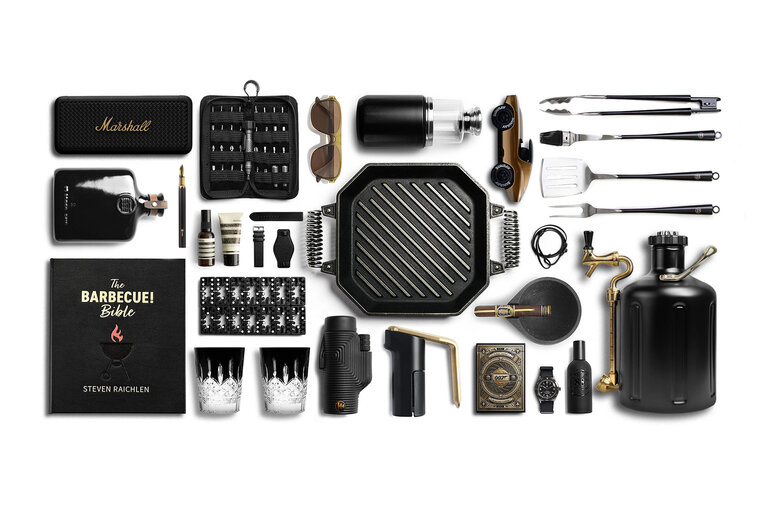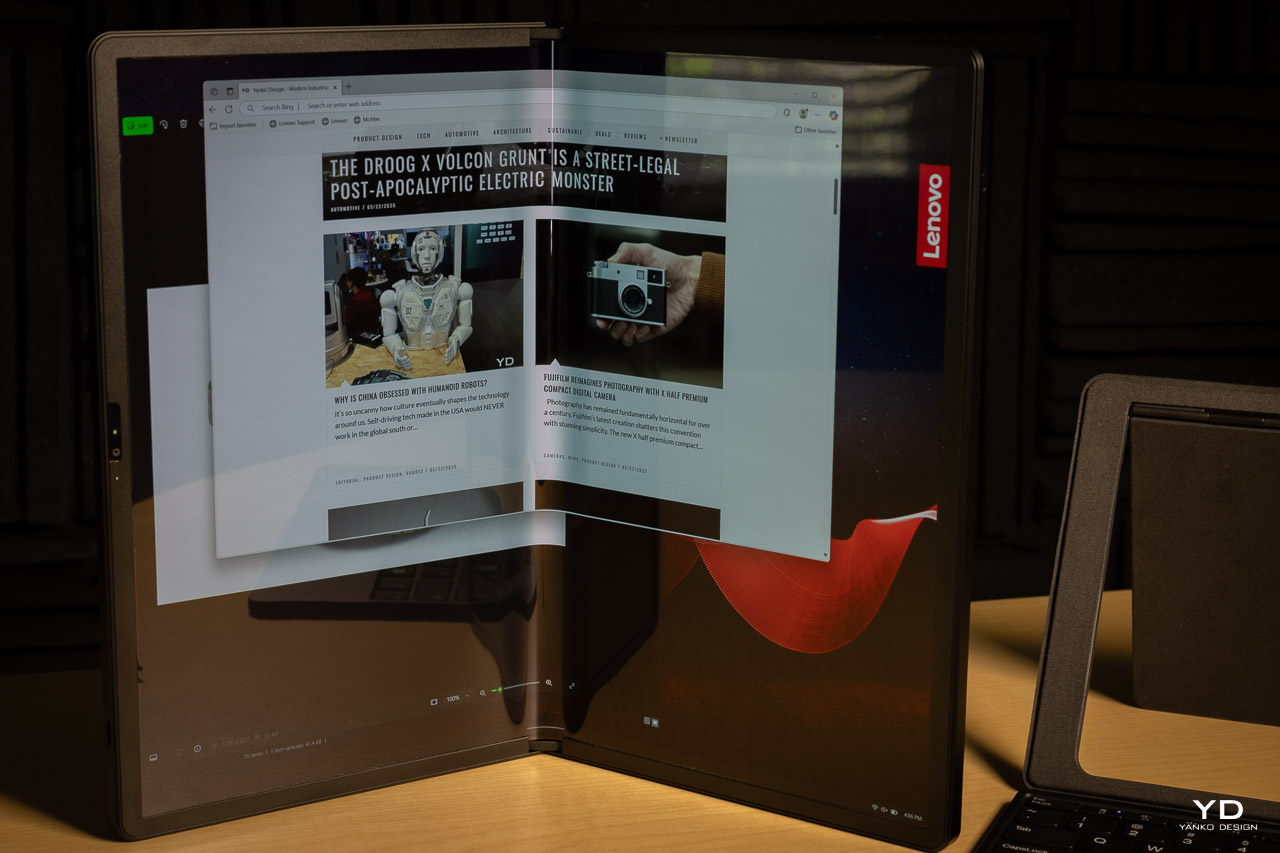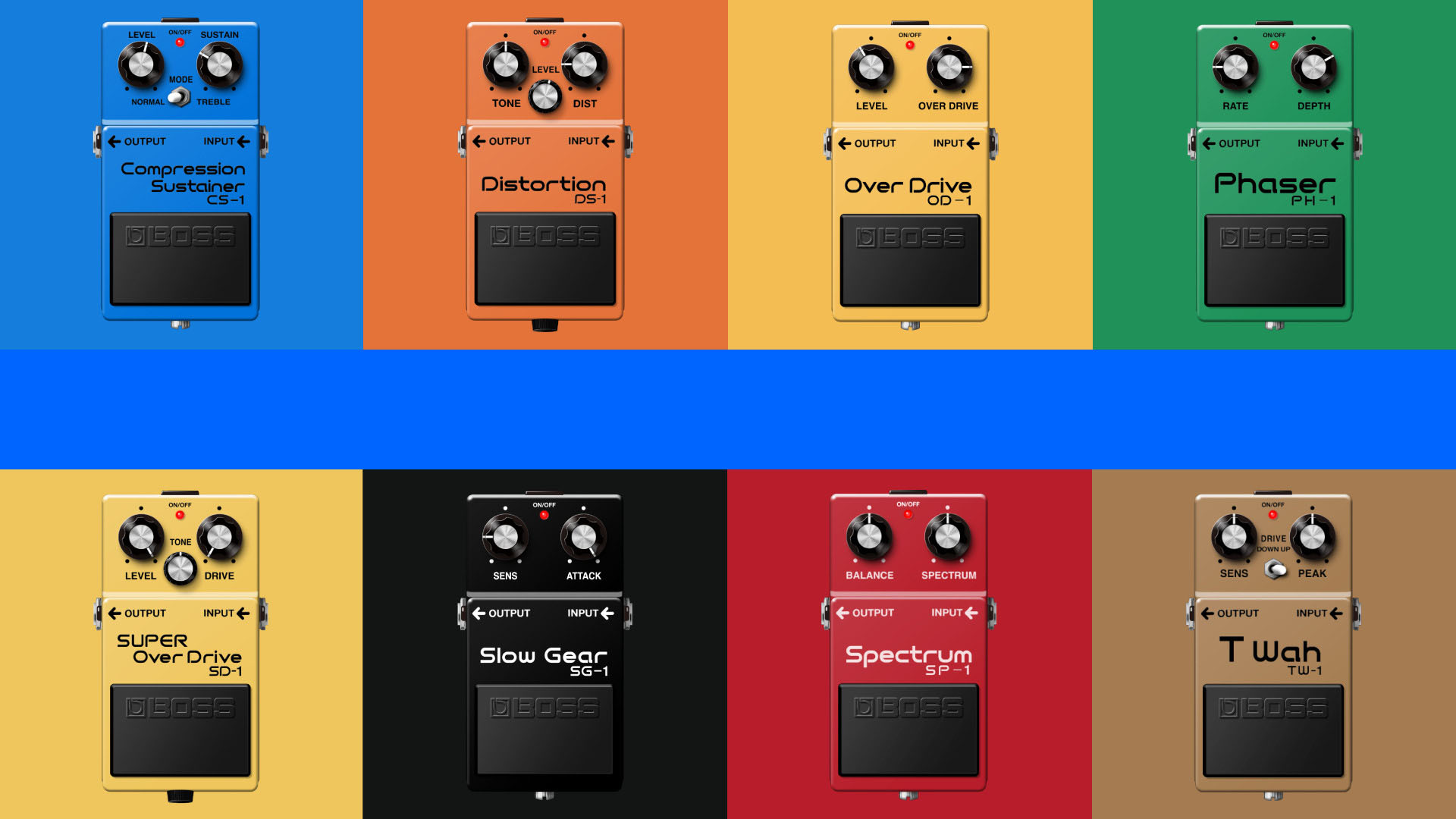What Is a Boom Operator?
Every filmmaker agrees that sound is crucial for a good narrative. Bad sound can kill even the best stories. While sound design is done within closed studio walls, capturing live sound on set is one of the most underappreciated jobs in the film industry. On that note, let’s talk about the boom operator from the sound department, who contributes heavily to a movie’s live sound. Who Is a Boom Operator?A boom operator is the technician from the sound department who operates the boom microphone. A boom microphone is a unidirectional microphone used to capture live sound, such as dialogue and ambience, for a film. It is usually mounted on top of a long rod, commonly known as the boom rod, which is maneuvered by the boom operator.A boom operator is primarily an on-set crew position. That is, they are only required on the day of the shoot and are not deeply involved with pre-production or post-production. Their responsibilities to sound are primarily restricted to the set unless they’re a multi-tasking crew member in the sound department. What Are the Duties of a Boom Operator?A boom operator is the right-hand man of the production sound mixer on set. Let’s understand their duties on set chronologically.Set Up the Sound Cart and Jack Up All the EquipmentAs soon as the sound equipment arrives on set for the day, a boom operator will tally all the equipment as per the requirement list of the day to prevent any delays due to the unavailability of the right sound equipment. Once done, they proceed to rig up the equipment and set up the sound cart, getting everything ready for sound before the camera rehearsals on set. They will also assist the production sound mixer in testing each mic and its range, labeling all the mics with their transmitters, and fixing the mics on actors during scenes. Operate the Boom MicThis is the most challenging part of recording live sound. You might be wondering why, so let me explain. A boom operator’s job is not just to hold the boom mic in the air and record sound. If it were so, we could just use stands instead. The whole brilliance of the job lies in the strategy. Since boom mics are unidirectional to maximize audio clarity, they must be directed accordingly to get the best sound. Thus, a boom operator moves around with a boom mic and decides the most strategic position in the blocking of the shot to ensure they get the best sound without showing in frame. Credit: Suraj BehraThis might sound easy for a quiet scene with limited characters, but imagine a war movie, a thriller, or an action film. Or a 2-minute-long single-shot scene. A boom operator stands behind the camera, with their arms stretched with a modestly heavy rod in the air for however long it takes. If required, they run, jump, crouch, and more to place the boom in the right place to capture live sound. Often, mics are rigged on all characters with dialogue, but a boom mic is the most trusted way to record live on-set sound. On the rare occasions that the actor's lav mic fails or there is too much ambient noise to capture dialogue clearly, a boom operator’s audio works as a reference for post-production dubbing. How to Become a Boom OperatorA boom operator needs to work with their mind and body. Here’s what you need to become one.Technical Knowledge of SoundUnderstanding sound fundamentals is essential for success as a boom operator. While formal degrees aren't strictly required, you'll need to learn about microphone types, directionality, signal flow, and acoustics through some combination of certificate programs, film school sound department training, workshops, or practice.Many successful boom operators come from diverse educational backgrounds. What matters most is understanding the principles of sound recording, not necessarily where you learned them.Knowledge About EquipmentThe most important aspect of being a technical crew member is being able to adapt to newer technologies and keep up with the latest know-how. So, even after breaking into the industry as a boom operator, it is important to be tech-motivated and develop familiarity with both new and traditional technologies. The better you know your equipment, the better you can deliver on the job. Training Under a Production Sound MixerOnce you have the theories tackled, dive headfirst into an internship under a production sound mixer. It starts with set visits where you observe another boom operator at work and learn over one to two projects. Slowly, you understand what you have to do, and if you show initiative and potential, you’ll be steadily promoted to the boom operator. Physical FitnessThe job of a boom operator is physically demanding, too. You have to stand for long hours, even for an entire 12-hour shift sometimes, run around, balance yourself in the most inconvenient places on set, and be calm-headed amidst all the chaos to be strategic with your moves. Therefore, if you lack stamina and strength, you might have real difficulty keeping up. How Much Can


Every filmmaker agrees that sound is crucial for a good narrative. Bad sound can kill even the best stories.
While sound design is done within closed studio walls, capturing live sound on set is one of the most underappreciated jobs in the film industry.
On that note, let’s talk about the boom operator from the sound department, who contributes heavily to a movie’s live sound.
Who Is a Boom Operator?
A boom operator is the technician from the sound department who operates the boom microphone.
A boom microphone is a unidirectional microphone used to capture live sound, such as dialogue and ambience, for a film. It is usually mounted on top of a long rod, commonly known as the boom rod, which is maneuvered by the boom operator.
A boom operator is primarily an on-set crew position. That is, they are only required on the day of the shoot and are not deeply involved with pre-production or post-production.
Their responsibilities to sound are primarily restricted to the set unless they’re a multi-tasking crew member in the sound department.
What Are the Duties of a Boom Operator?
A boom operator is the right-hand man of the production sound mixer on set. Let’s understand their duties on set chronologically.
Set Up the Sound Cart and Jack Up All the Equipment
As soon as the sound equipment arrives on set for the day, a boom operator will tally all the equipment as per the requirement list of the day to prevent any delays due to the unavailability of the right sound equipment.
Once done, they proceed to rig up the equipment and set up the sound cart, getting everything ready for sound before the camera rehearsals on set.
They will also assist the production sound mixer in testing each mic and its range, labeling all the mics with their transmitters, and fixing the mics on actors during scenes.
Operate the Boom Mic
This is the most challenging part of recording live sound. You might be wondering why, so let me explain.
A boom operator’s job is not just to hold the boom mic in the air and record sound. If it were so, we could just use stands instead.
The whole brilliance of the job lies in the strategy. Since boom mics are unidirectional to maximize audio clarity, they must be directed accordingly to get the best sound. Thus, a boom operator moves around with a boom mic and decides the most strategic position in the blocking of the shot to ensure they get the best sound without showing in frame.
 Credit: Suraj Behra
Credit: Suraj Behra
This might sound easy for a quiet scene with limited characters, but imagine a war movie, a thriller, or an action film. Or a 2-minute-long single-shot scene.
A boom operator stands behind the camera, with their arms stretched with a modestly heavy rod in the air for however long it takes.
If required, they run, jump, crouch, and more to place the boom in the right place to capture live sound.
Often, mics are rigged on all characters with dialogue, but a boom mic is the most trusted way to record live on-set sound. On the rare occasions that the actor's lav mic fails or there is too much ambient noise to capture dialogue clearly, a boom operator’s audio works as a reference for post-production dubbing.
How to Become a Boom Operator
A boom operator needs to work with their mind and body. Here’s what you need to become one.
Technical Knowledge of Sound
Understanding sound fundamentals is essential for success as a boom operator. While formal degrees aren't strictly required, you'll need to learn about microphone types, directionality, signal flow, and acoustics through some combination of certificate programs, film school sound department training, workshops, or practice.
Many successful boom operators come from diverse educational backgrounds. What matters most is understanding the principles of sound recording, not necessarily where you learned them.
Knowledge About Equipment
The most important aspect of being a technical crew member is being able to adapt to newer technologies and keep up with the latest know-how. So, even after breaking into the industry as a boom operator, it is important to be tech-motivated and develop familiarity with both new and traditional technologies.
The better you know your equipment, the better you can deliver on the job.
Training Under a Production Sound Mixer
Once you have the theories tackled, dive headfirst into an internship under a production sound mixer. It starts with set visits where you observe another boom operator at work and learn over one to two projects.
Slowly, you understand what you have to do, and if you show initiative and potential, you’ll be steadily promoted to the boom operator.
Physical Fitness
The job of a boom operator is physically demanding, too. You have to stand for long hours, even for an entire 12-hour shift sometimes, run around, balance yourself in the most inconvenient places on set, and be calm-headed amidst all the chaos to be strategic with your moves.
Therefore, if you lack stamina and strength, you might have real difficulty keeping up.
How Much Can You Earn as a Boom Operator?
On average, a boom operator earns about $50,000 per year, but that can significantly vary depending on the project budget, the city they are employed in, and their experience.
The job of a boom operator is somewhat more stable than the other freelancing jobs in the industry. They are usually professionally trained and then promoted under the same production sound mixer, after which they slowly break out to become independent production sound mixers or designers.
So, there you have it! That’s all you need to know about boom operators before deciding. Does this high-stress and high-accountability job tingle your creative muscles? Please say yes, because the industry can never have enough good boom operators! They’re so crucial, we need them.




![Kick Your Way Out of Hell in ‘Kick’n Hell’ on July 21 [Trailer]](https://bloody-disgusting.com/wp-content/uploads/2025/05/kicknhell.jpg)





















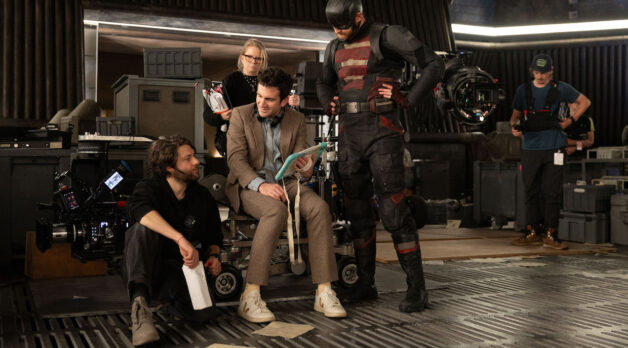
























![Love and Politics [THE RUSSIA HOUSE & HAVANA]](https://jonathanrosenbaum.net/wp-content/uploads/2011/12/therussiahouse-big-300x239.jpg)
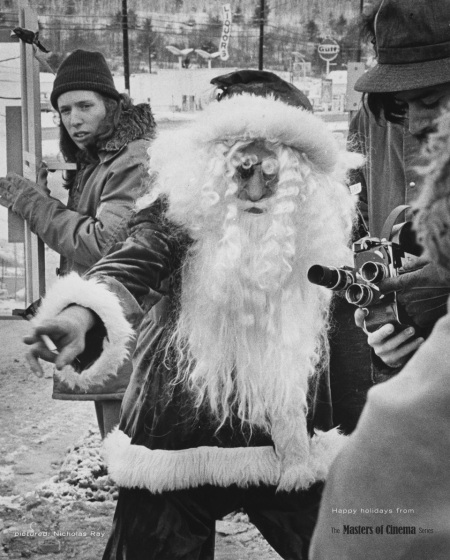

![The Screed We Need [FAHRENHEIT 9/11]](https://jonathanrosenbaum.net/wp-content/uploads/2011/11/fahrenheit_9-11_collage.jpg)












































![‘The Studio’: Co-Creator Alex Gregory Talks Hollywood Satire, Seth Rogen’s Pratfalls, Scorsese’s Secret Comedy Genius, & More [Bingeworthy Podcast]](https://cdn.theplaylist.net/wp-content/uploads/2025/05/22130104/The_Studio_Photo_010705.jpg)

![‘Romeria’ Review: Carla Simón’s Poetic Portrait Of A Family Trying To Forget [Cannes]](https://cdn.theplaylist.net/wp-content/uploads/2025/05/22133432/Romeria2.jpg)
![‘Resurrection’ Review: Bi Gan’s Sci-Fi Epic Is A Wondrous & Expansive Dream Of Pure Cinema [Cannes]](https://cdn.theplaylist.net/wp-content/uploads/2025/05/22162152/KUANG-YE-SHI-DAI-BI-Gan-Resurrection.jpg)







































































































































.jpg?#)

.png?#)


















































































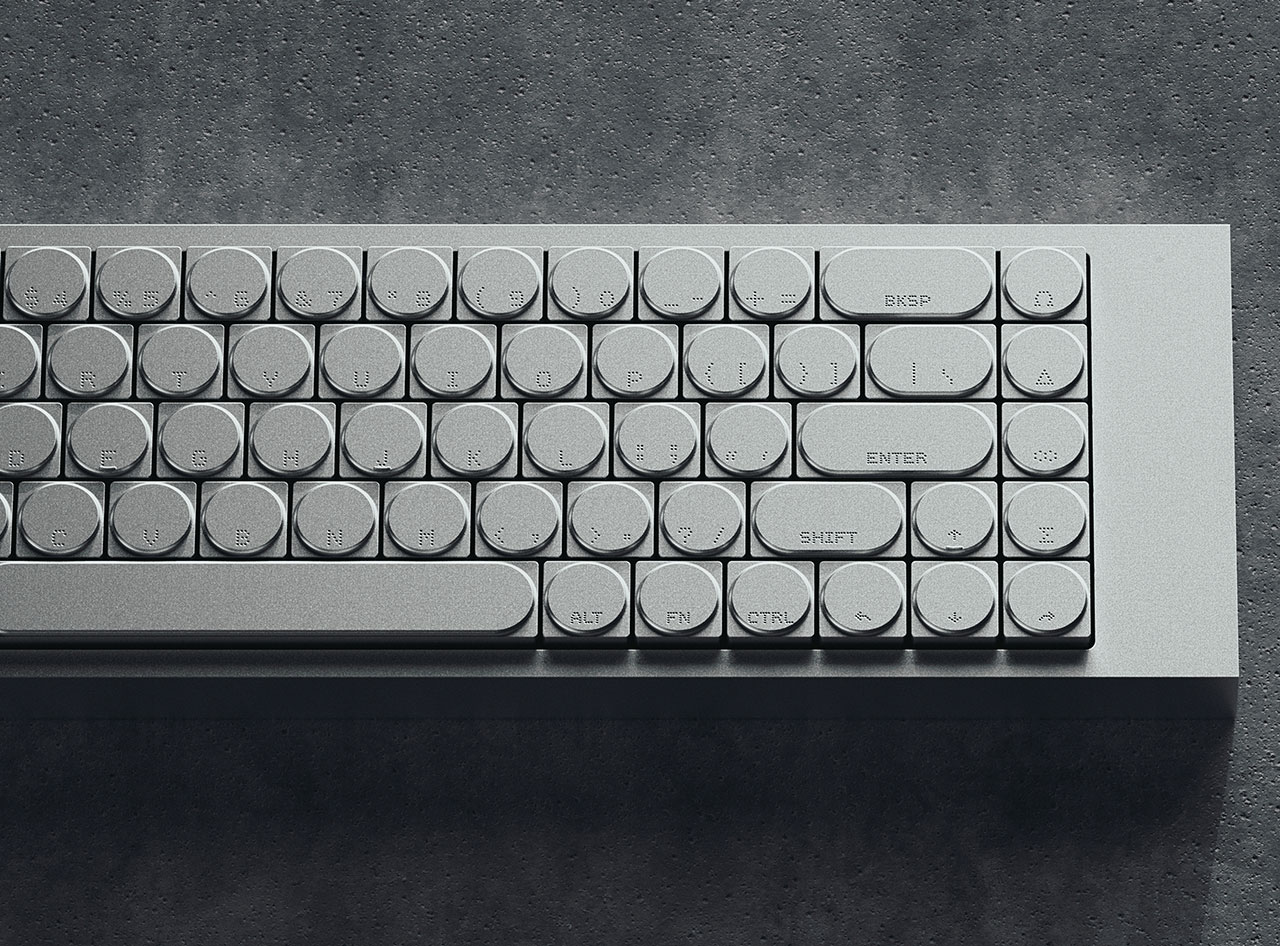
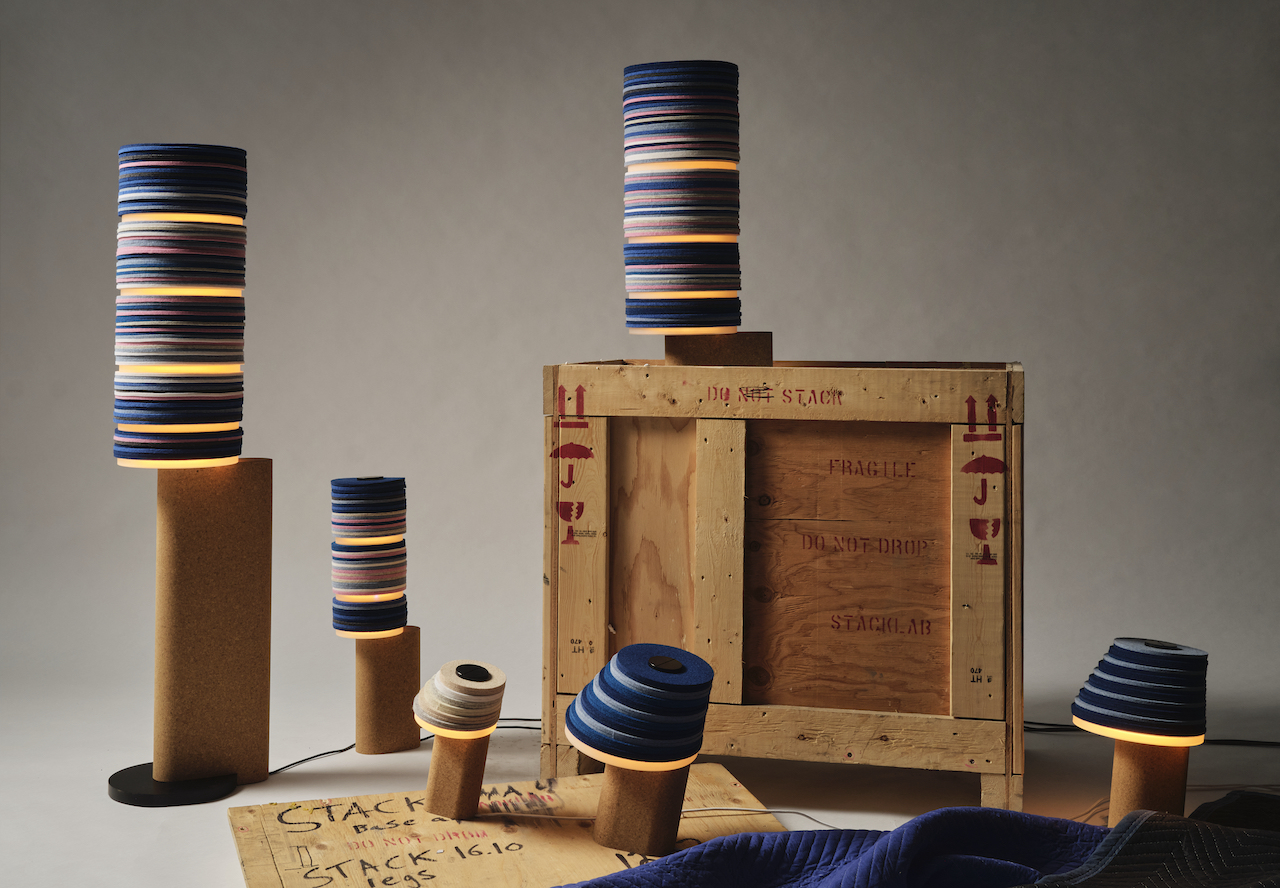






























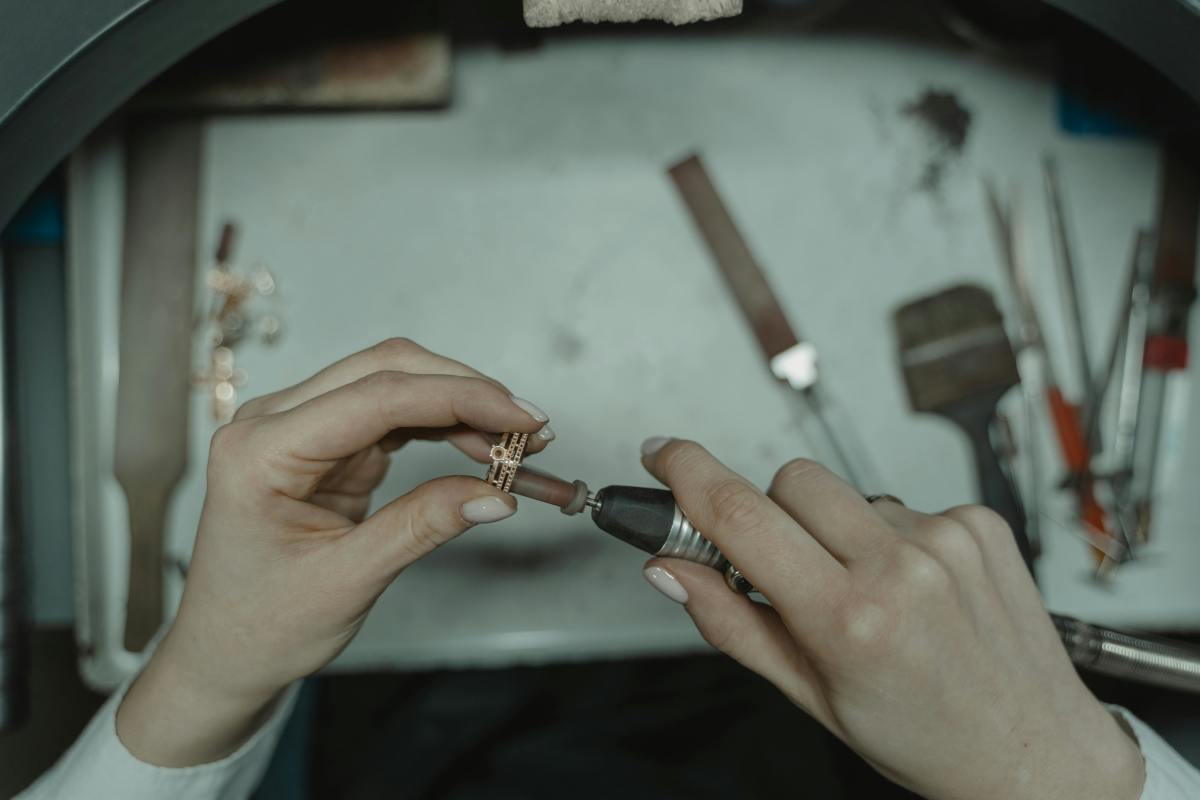


















![[Podcast] Making Brands Relevant: How to Connect Culture, Creativity & Commerce with Cyril Louis](https://justcreative.com/wp-content/uploads/2025/05/cyril-lewis-podcast-29.png)











































